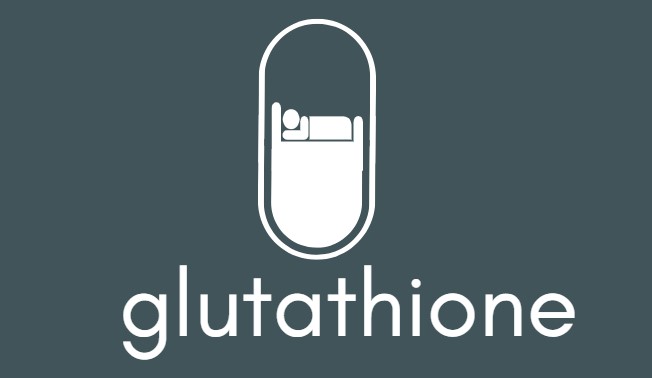What to Avoid When Taking Glutathione: A Friendly Guide for Safe and Effective Use
Glutathione has become a popular supplement for skin brightening, detoxification, and immune support. But taking glutathione alone won’t guarantee results unless you avoid certain pitfalls that can reduce its effectiveness or cause side effects. This guide covers the key things you should avoid while taking glutathione to maximize its benefits safely.
1. Avoid Excessive Sun Exposure While Taking Glutathione
Glutathione helps reduce oxidative damage to skin cells, promoting a brighter complexion. However, too much UV exposure creates free radicals that counteract glutathione’s antioxidant action. Protect your skin by:
-
Using broad-spectrum sunscreen daily
-
Wearing protective clothing and hats
-
Avoiding sun during peak hours (10 AM to 4 PM)
This will help glutathione work better and keep your skin healthy.
2. Avoid Smoking and Limit Alcohol Consumption
Smoking and heavy alcohol use generate oxidative stress, which depletes your body’s natural glutathione. Continuing these habits while supplementing reduces glutathione’s effectiveness. To optimize results:
-
Quit smoking or reduce as much as possible
-
Limit alcohol intake to moderate levels
These lifestyle changes support your body’s antioxidant system and enhance glutathione’s benefits.
3. Avoid Taking Glutathione With Certain Medications Without Doctor Approval
Glutathione supplements can interact with some medications, such as chemotherapy drugs, immunosuppressants, and heart medications. To avoid adverse effects:
-
Always consult your healthcare provider before starting glutathione if you’re on prescription drugs
-
Discuss potential drug interactions and timing of doses
This precaution ensures your safety and treatment effectiveness.
4. Avoid Processed Foods and Excess Sugar
Inflammation caused by a diet high in processed foods and sugar leads to oxidative stress that fights glutathione’s antioxidant action. To support your supplement:
-
Eat a balanced diet rich in fruits, vegetables, nuts, and whole grains
-
Reduce consumption of junk food, sugary snacks, and processed meals
Good nutrition helps your body maintain glutathione levels naturally.
5. Avoid Overdosing on Glutathione
More isn’t always better. Taking glutathione above the recommended dosage can cause:
-
Stomach upset
-
Allergic reactions in sensitive individuals
-
Possible imbalances in your antioxidant system
Follow label instructions or your doctor’s advice to stay safe.
6. Don’t Rely Solely on Supplements — Focus on a Healthy Lifestyle
Glutathione supplements aid your body but aren’t magic bullets. To boost glutathione naturally and maintain good health:
-
Exercise regularly to reduce oxidative stress
-
Get enough quality sleep
-
Manage stress through mindfulness or relaxation techniques
-
Maintain a nutrient-rich diet
Combining supplements with a healthy lifestyle delivers the best results.
Bonus Tips for Maximizing Glutathione Benefits
-
Consider supplements with precursors like N-acetyl cysteine (NAC) which help your body produce glutathione
-
Avoid excessive use of products or medications that cause oxidative damage
-
Stay hydrated to assist detoxification
Frequently Asked Questions (FAQs)
Q1: Can glutathione cause side effects?
A: Usually safe at recommended doses, but may cause mild stomach upset or allergic reactions in some.
Q2: How long does it take to see results from glutathione?
A: Typically, 4 to 6 weeks of consistent use with healthy habits show noticeable effects.
Q3: Is it safe to take glutathione during pregnancy?
A: Consult your doctor first; limited research is available on safety during pregnancy.
Final Thoughts
Glutathione is a powerful antioxidant supplement with many potential benefits for skin, detoxification, and immunity. But to get the most from it, you must avoid excessive sun exposure, smoking, certain medications, poor diet, and overdosing. Always pair supplements with a balanced lifestyle and consult your healthcare provider before starting new regimens.


Leave a Comment